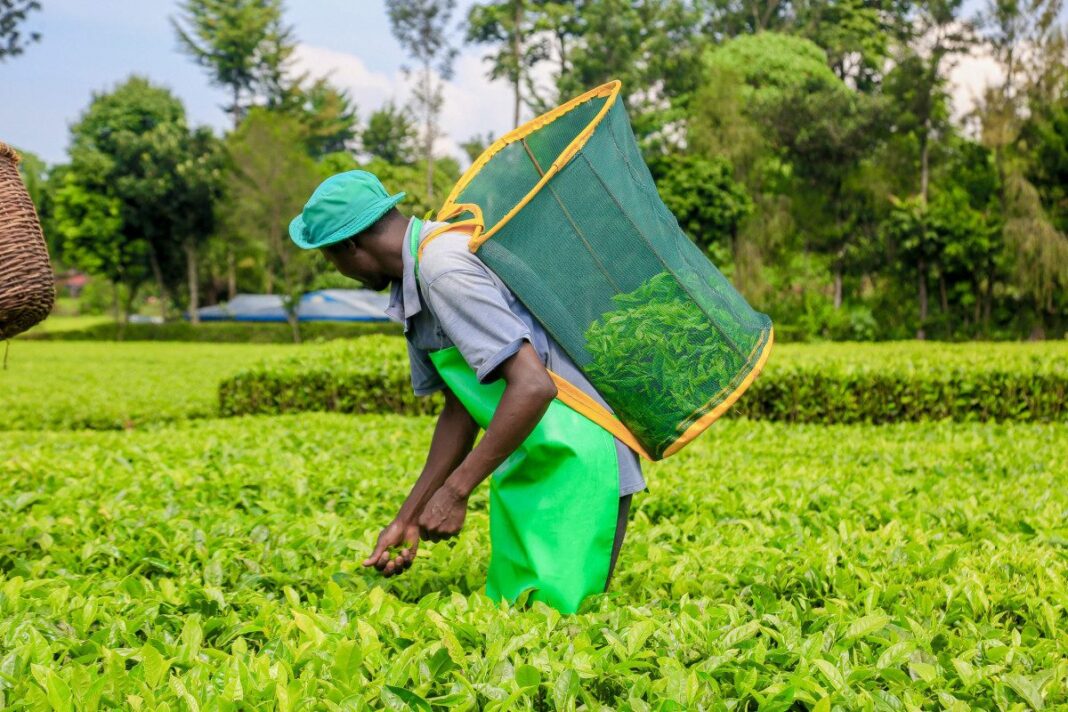Kenya’s tea industry is gearing up for major reforms following the introduction of new draft regulations designed to enhance transparency, improve green leaf quality, and boost farmer earnings.
The Tea Board of Kenya on Monday unveiled the Draft Tea Regulations and Green Leaf Quality Requirements during a stakeholder validation forum held at the Tea House in Nairobi. The meeting brought together farmers, processors, and traders to review the proposals before their formal gazettement.
Tea Board CEO Willy Mutai said the new framework seeks to resolve persistent challenges that have long affected smallholder farmers, including delayed payments, opaque pricing systems, and inconsistent leaf quality across regions.
“The regulations will spell out clear payment timelines. The Act provides that 50 percent should be paid to farmers upfront, and the balance within three months,” Mutai explained.
“This will ease cash flow challenges and ensure farmers receive their dues promptly.”
He noted that the reforms also aim to increase local value addition, with a target of ensuring that at least 40 percent of Kenya’s tea is processed locally instead of being exported in bulk.
“Currently, about 95 percent of our tea is exported as packed teas. We’re working to ensure at least 40 percent is value-added right here in the country,” said Mutai.
The Tea Board is also emphasizing the need for consistent green leaf quality, particularly among western Kenya growers, to attract premium buyers and maintain Kenya’s global competitiveness in the tea market.
“We are urging farmers not to uproot tea. Instead, they should focus on quality and manage production costs,” Mutai said. “Tea is not a political issue we must separate business from politics and work together to strengthen the sector.”
Industry stakeholders welcomed the draft, noting that it marks a step toward stabilizing farmer incomes and restoring trust in Kenya’s multi-billion shilling tea industry.
Once finalized and gazetted, the new regulations are expected to reshape the country’s tea value chain, ensuring fairness, efficiency, and sustainability from the farm to the global market.







**mindvault**
mindvault is a premium cognitive support formula created for adults 45+. It’s thoughtfully designed to help maintain clear thinking
**mind vault**
mind vault is a premium cognitive support formula created for adults 45+. It’s thoughtfully designed to help maintain clear thinking
look what i found https://jennifferjgonzalezx.com/
like it https://boujiwater.com
https://www.imdb.com/list/ls4155658516/
Yes! Finally someone writes about %keyword1%.
Your articles always leave me thinking.